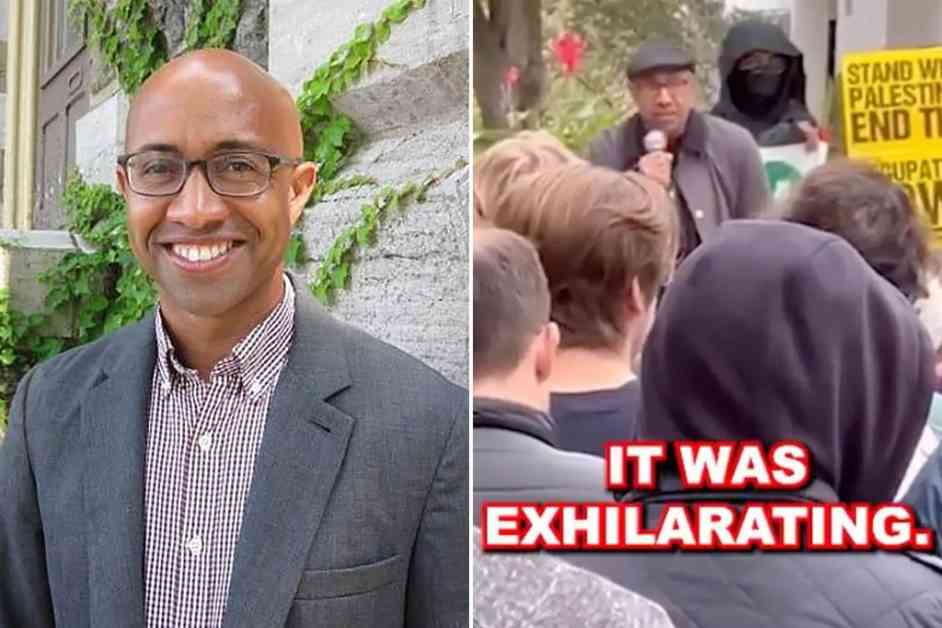Reinstatement of Controversial Professor at Cornell University
Cornell University has recently sparked controversy by reinstating Professor Russell Rickford, who made disturbing comments praising the Hamas terror attacks on Israel. The professor described the attacks as “exhilarating” and “energizing,” sentiments that have rightfully raised concerns about his views and ideologies. Despite the backlash against his inflammatory remarks, Cornell University made the decision to allow Rickford to resume teaching, a move that has drawn criticism from various quarters.
Gov. Hochul’s Response
New York Governor Kathy Hochul’s response to the reinstatement of Professor Rickford has been met with mixed reactions. While she has condemned the brutal Hamas terror attacks, many feel that her statement lacks the firmness and decisiveness needed to address the underlying issue of hate speech and bigotry. Hochul’s spokesperson expressed disapproval of any glorification of violence but stopped short of taking concrete action against Rickford or Cornell University.
Critics argue that Hochul’s response falls short of what is required to combat the rise of neo-Nazism and anti-Semitism in academic settings. The governor’s reluctance to challenge the decision to reinstate Rickford has raised questions about her commitment to upholding principles of tolerance and inclusivity in the state.
Implications for Academic Freedom and Responsibility
The controversy surrounding Professor Rickford’s reinstatement raises broader questions about academic freedom and responsibility. While universities have a duty to uphold principles of free speech and intellectual diversity, they also have a responsibility to ensure that faculty members adhere to ethical standards and promote a safe and inclusive learning environment for all students.
The decision to allow Rickford to return to teaching has sparked debates about the boundaries of academic freedom and the limits of acceptable discourse within educational institutions. Critics argue that endorsing hate speech and glorifying violence should not be tolerated under the guise of academic freedom, as it undermines the values of respect, tolerance, and civility that should define scholarly discourse.
Call for Action and Accountability
In light of the controversy surrounding Professor Rickford’s reinstatement, there have been calls for Governor Hochul to take decisive action to address the issue of neo-Nazism and anti-Semitism in academic settings. Some have urged Hochul to use her position as a member of Cornell University’s Board of Trustees to advocate for stronger measures against hate speech on campus and to push for greater accountability from the university administration.
Critics argue that Hochul’s failure to take a firm stand against hate speech and bigotry sends a troubling message about the state’s stance on intolerance and discrimination. As incidents of anti-Semitism and neo-Nazism continue to rise across the country, there is an urgent need for political leaders like Hochul to demonstrate moral courage and leadership in combating these dangerous ideologies.
In conclusion, the reinstatement of Professor Russell Rickford at Cornell University has ignited a debate about academic freedom, hate speech, and the responsibilities of educational institutions in addressing bigotry and intolerance. Governor Kathy Hochul’s response to the controversy has been criticized for its lack of firmness and action, highlighting the need for leaders to take a strong stand against neo-Nazism and anti-Semitism. As the fight against hate speech continues, it is imperative that public officials, educators, and community members work together to create a more inclusive and tolerant society for all.
